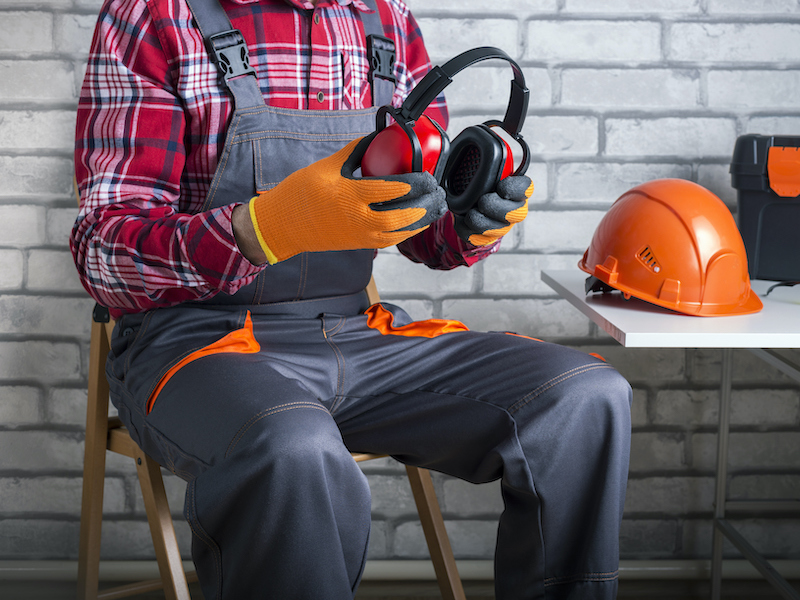
Your ability to hear is precious – once it’s gone, the likelihood of getting it back in its natural form is slim to nil. But strangely, the general public tends to ignore hearing loss. In the US alone, one in eight individuals over the age of 12 suffer from neglected and permanent hearing loss.
Protecting your hearing from the beginning is the best and simplest way to prevent hearing loss, but if you already have hearing loss you can recover much of your hearing with a hearing aid.
Safeguard your hearing with these five tips:
Earbuds should be avoided
Earbuds are one of the biggest dangers to hearing health today since they’ve come as an accessory to most mobile devices going back to the first MP3 devices in the early 2000s. These little devices sit snugly into the ear canal and pump sound straight into the inner ear and the majority of smartphones come with them. Listening to a movie or music on your mobile device at maximum volume for just 15 minutes can lead to irreversible hearing loss. The better option would be to get a set of earmuff-style headphones that go over your ears, which is made even more effective if you can find a set that has noise-canceling technology. Sticking to the 60/60 rule, which recommends a maximum volume of 60% for no more than 60 minutes per day, is another safety measure to safeguard your hearing.
Keep your volume down
Your hearing can be harmed by other things besides earbuds. If you routinely listen to the radio or TV at high volumes over sustained periods, your hearing can also be damaged. You’ll also want to avoid situations where loud noises are constant, such as construction zones, concerts, and firearm ranges. It might be impractical to completely avoid these situations particularly if they’re part of your job. The next item on the list will be significant if you’re in this situation.
Hearing protection will be helpful
Hearing protection is essential if you work in a setting or enjoy hobbies that expose you to loud noises. Hearing loss can happen in just 15 minutes at 85 decibels. Compare that to the following:
- Over a one hour visit to the indoor gun range, your ears are repeatedly subjected to gunfire that clocks in at over 150 decibels on average
- Jackhammers at a construction site generate 130 decibels, which could take their toll after a 40-hour workweek
- Most concerts are between 100 and 120 decibels with headliners normally playing for about an hour and 20 minutes
If you take part in any of these activities, you need to invest in a good set of earmuffs or earplugs.
Take auditory breaks
There are times you simply need to give your ears a break. Even if you use hearing protection, if you are subjected to loud noises like these for extended periods, you should take some quiet breaks to give your ears some time to recover. So after you leave a concert, you probably shouldn’t jump into your car and blast music.
Check your medicine
Your medicine may actually have a substantial effect on your hearing. There are some medications that have been proven to cause hearing loss including some heart and cancer medications, aspirin, antibiotics, and anti-inflammatory medication. The good news is that medication-associated hearing loss is not common and is more likely if you take two or more of those medications together making it easier to prevent.
Are you coping with hearing loss and want to find new treatment? Contact us today to set up a consultation.